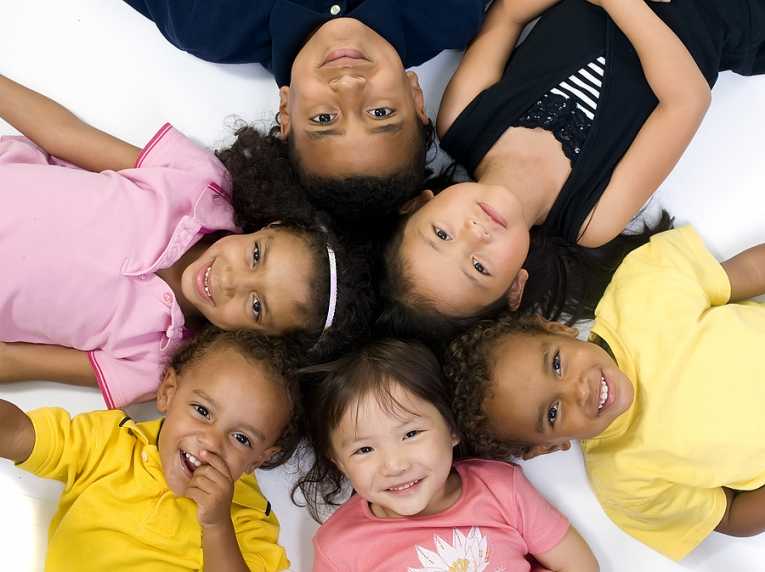Even children of elementary school age are aware of and suffer the negative consequences of racial prejudice says a new study.
Researchers at the University of California, Los Angeles, and New York University looked at the experience of more than 450 children in the second and fourth grades of schools in New York. The results appear in the journal Child Development.
Children can be cruel, as the saying goes, and there are all kinds of reasons why youngsters can be stigmatised, causing anxiety and lower performance. The ethnic minority children in the study did however buck one trend by maintaining a good interest in their schooling despite the effects of stigma. The academic performance of such stigmatised children can be improved if they have close friends the authors found.The children in the study came from African American, Chinese, Dominican, and Russian ethnic minority backgrounds and from the white European/American ethnic-majority group. They were asked about their experiences of stigma, whether they felt anxious in school and how interested and at home they felt there.
The youngsters showed the same level of awareness of stigma as adults despite their tender years. Children from ethnic minorities were more attuned to stigma than the ethnic majority group. As a result - according to the researchers - ethnic-minority children were more likely to be anxious about their school work.
While previous research had suggested that this awareness of stigma would reduce interest in school, there was one ethnic minority group to which this did not apply. Dominican children showed a higher interest in school than the ethnic majority group because, the researchers believe, they had a very strong sense of belonging and close connections to fellow students.
Top Image Credit: © Perkmeup










